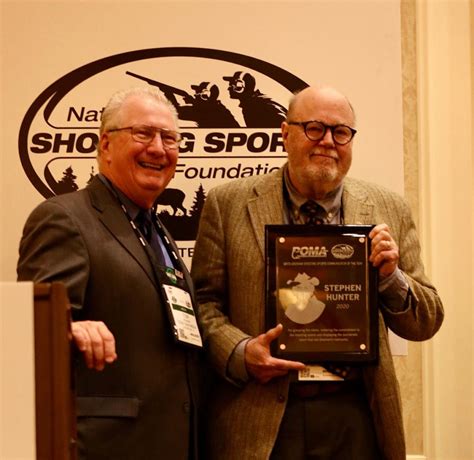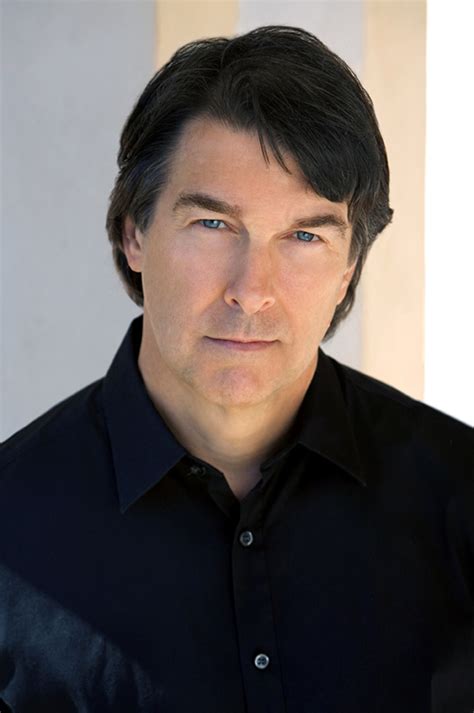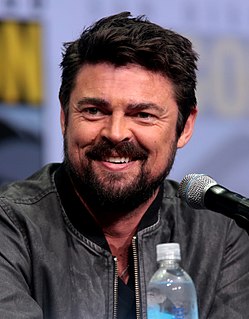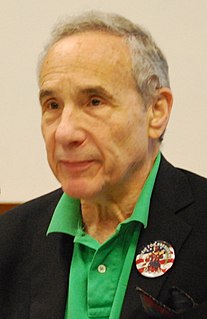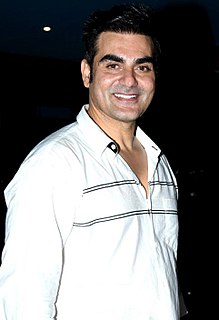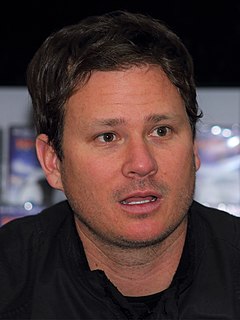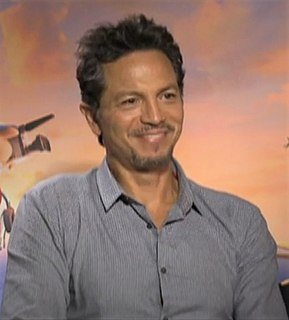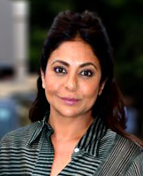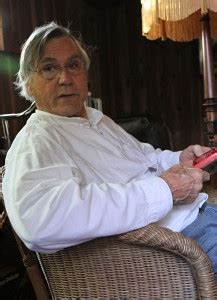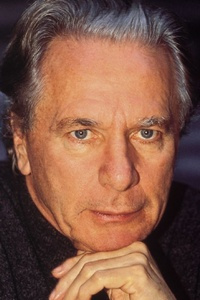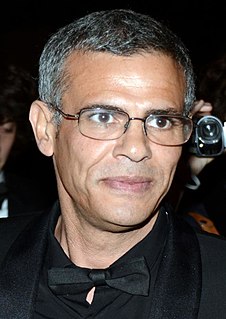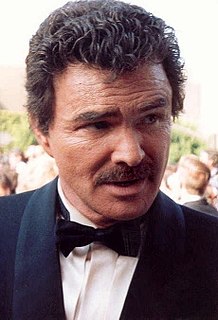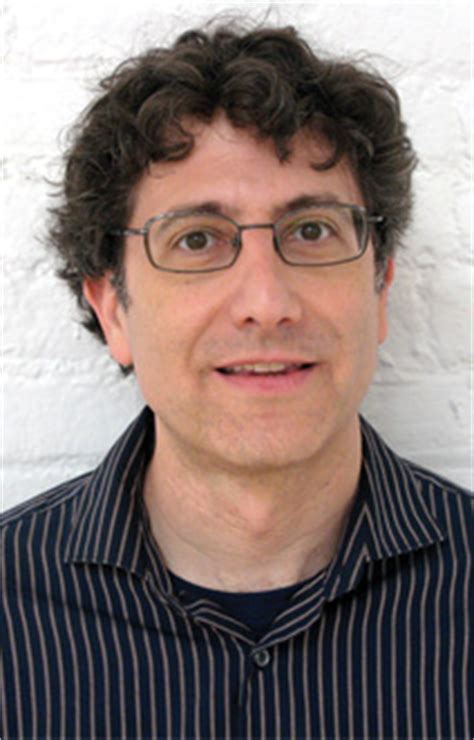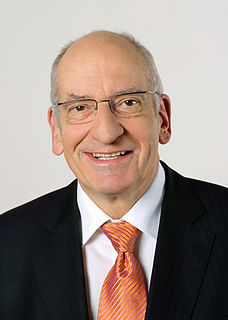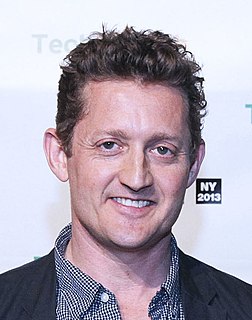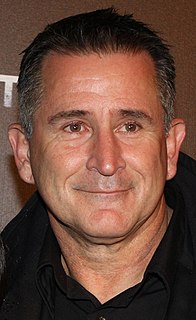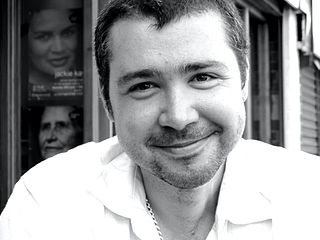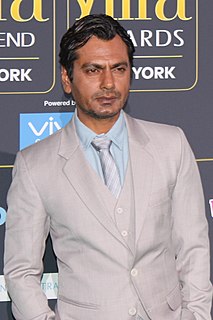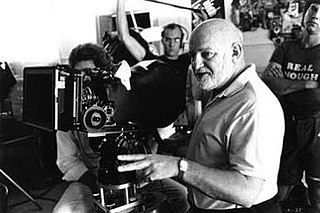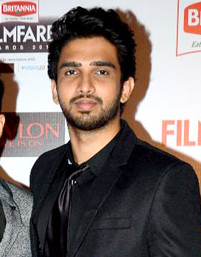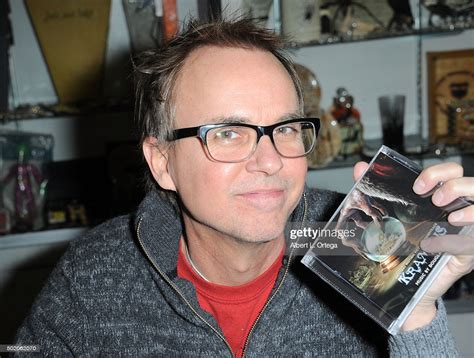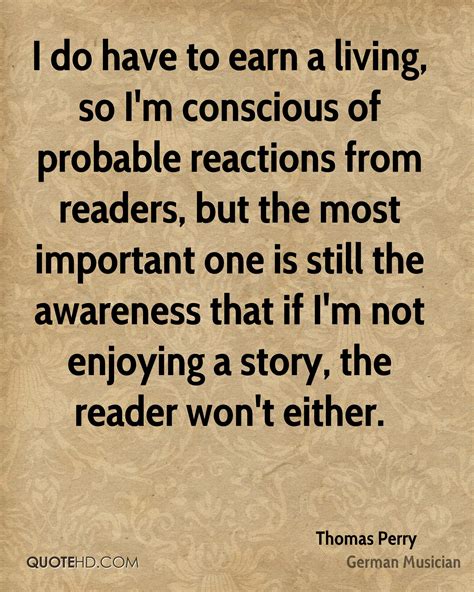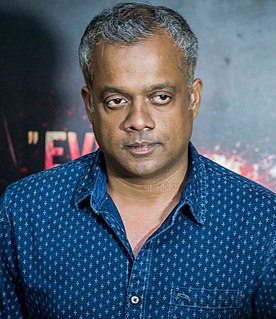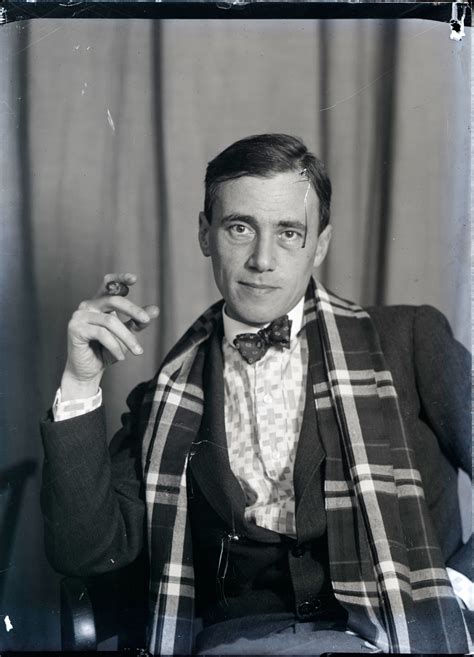Top 1200 Film Students Quotes & Sayings - Page 19
Explore popular Film Students quotes.
Last updated on November 16, 2024.
Let's also make sure that a high school diploma puts our kids on a path to a good job. Right now, countries like Germany focus on graduating their high school students with the equivalent of a technical degree from one of our community colleges, so that they're ready for a job. At schools like P-TECh in Brooklyn ... students will graduate with a high school diploma and an associate degree in computers or engineering. We need to give every American student opportunities like this.
Teaching, like any truly human activity, emerges from one's inwardness, for better or worse. As I teach I project the condition of my soul onto my students, my subject, and our way of being together. The entanglements I experience in the classroom are often no more or less than the convolutions of my inner life. Viewed from this angle, teaching holds a mirror to the soul. If I am willing to look in that mirror and not run from what I see, I have a chance to gain self-knowledge-and knowing myself is as crucial to good teaching as knowing my students and my subject.
I'm planning some films in the U.K., and it will have pros and cons. It takes a lot more time to set up a film in the U.K., because you can't rely on much. In Greece, friends show up and bring what they can and you make the film. Well, that's a bit simpler than how it really is. But when you make a film with proper industries, it takes more time to synch all these things.
If I ever treated being gay as a problem, then I'm going to continuously find problems, I'm never going to find solutions. Students consistently ask about my personal life, and I kindly let them know, "That's my personal life, you don't need to know that." I've never had a negative interaction with students or parents. I try to become a part of the community so that parents can feel as comfortable with their child moving along in the curriculum more so than me being a problem.
Like many others, I have deep misgivings about the state of education in the United States. Too many of our students fail to graduate from high school with the basic skills they will need to succeed in the 21st Century economy, much less prepared for the rigors of college and career. Although our top universities continue to rank among the best in the world, too few American students are pursuing degrees in science and technology. Compounding this problem is our failure to provide sufficient training for those already in the workforce.
It's very important that a film that intends to play tricks on the audience... has to play fair with the audience. For me, any time you're going to have a reveal in the film, it's essential that it have been shown to the audience as much as possible. What that means is that some people are going to figure it out very early on. Other people not til the end. Everybody watches the film differently.
When I make a film, I never stop uncovering mysteries, making discoveries. When I'm writing, filming, editing, even doing promotional work, I discover new things about the film, about myself, and about others. That is what I'm subconsciously looking for when shooting a film: to glimpse the enigmas of life, even if I don't resolve them, but at least to uncover them. Cinema is curiosity in the most intense meaning of the word.
This film [ Blue is the Warmest Color] actually is the result of me talking with my producer Vincent [Maraval]. I gave him a bunch of ideas and then Vincent helped guide me and develop this particular film. I enjoy that rapport to have somebody else help guide me in my choices for the next film. The poetic way of looking at it is which project is going to choose me as a director.
The Talmud tells a story about a great Rabbi who is dying, he has become a goses, but he cannot die because outside all his students are praying for him to live and this is distracting to his soul. His maidservant climbs to the roof of the hut where the Rabbi is dying and hurls a clay vessel to the ground. The sound diverts the students, who stop praying. In that moment, the Rabbi dies and his soul goes to heaven. The servant, too, the Talmud says, is guaranteed her place in the world to come.
If you look at figures, we have a good supply of doctors in Switzerland. They always say that in the future we shall have a lack of home doctors, family doctors. I'm not sure of that, but we have a problem of formation. Every year there [are] about 1,000 students beginning medical studies, and at the end of the formation there are only 600 young people getting the diploma. It means that about 40 percent of the students fail during the studies, although there is a selection at the beginning. Forty percent is too much as failure, so probably there is a problem in the formation, education.
Perhaps I shall not write my account of the Paleolithic at all, but make a film of it. A silent film at that, in which I shall show you first the great slumbering rocks of the Cambrian period, and move from those to the mountains of Wales...from Ordovician to Devonian, on the lush glowing Cotswolds, on to the white cliffs of Dover... An impressionistic, dreaming film, in which the folded rocks arise and flower and grow and become Salisbury Cathedral and York Minster.
I did a series of classes in psychology (at the institute), .. The students that came to that class had children. And over a period of a few years, they decided they wanted a nursery school, a play group (to watch over their children while they were studying). So in one of the garages that was near where we were having the classes, we established a play group area and the students volunteered to supervise. That eventually led to building a state-licensed nursery school, which was approved by the California department of social welfare.
Years ago I was in a band called Two Lane Blacktop - we deliberately named ourselves after the 'Two-Lane Blacktop' movie, 'cuz it's a car chase movie. All our songs were based on movies, every single song. I love movies, and that was something that me and the singer in Two Lane Blacktop bonded over - we were design students together, we did a film-class together, so we became obsessed with movies. It's followed me around ever since then, it's a constant theme.
I was playing in a band and was approached to score an independent film. I had never done it, but had written instrumental music, so I figured I could do it. Turns out I loved scoring the film, and took on another couple films before realizing that if I was to be an effective narrative composer, I should study the craft of composition. I stopped taking projects and got a degree in orchestral music composition, and followed that with film scoring studies. Near the end of my degree studies, I started taking on student films as a way to get back into film scoring.
I conceive of the film as a modern art form particularly interesting to the sense of sight. Painting has its own peculiar problems and specific sensations, and so has the film. But there are also problems in which the dividing line is obliterated, or where the two infringe upon each other. More especially, the cinema can fulfill certain promises made by the ancient arts, in the realization of which painting and film become close neighbors and work together.





